Hair loss in 8-year-old children may be related to genetic factors, malnutrition, scalp infections, mental stress, autoimmune diseases, etc. It can be intervened through adjusting diet, improving lifestyle habits, medication treatment, and other methods. When hair loss is severe, it is recommended to seek medical attention promptly and use compound glycyrrhizin tablets, vitamin B tablets, zinc gluconate oral solution, minoxidil tincture, cysteine tablets, and other medications under the guidance of a doctor.
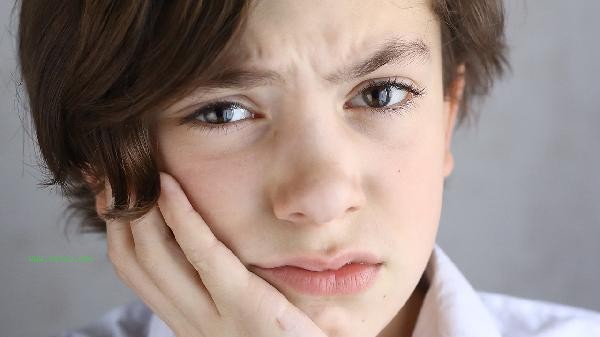
1. Genetic factors
A family with a history of early baldness or hair loss may affect hair follicle health. Childhood is characterized by fine, soft, and sparse hair, but it usually does not shed extensively. No special treatment is required. It is recommended to regularly observe changes in hair volume and use mild shampoo products in daily life to avoid excessive combing.
2. Malnutrition
Lack of protein, iron, zinc and other elements can lead to disrupted hair follicle growth cycle. May be accompanied by symptoms such as cracked nails and dry skin. Nutrients can be supplemented by adding foods such as eggs, lean meat, and dark green vegetables. In severe cases of deficiency, oral preparations such as zinc gluconate solution should be taken under the guidance of a doctor.
Third, scalp infection
Fungal tinea capitis or bacterial folliculitis can cause local hair loss patches, accompanied by scalp itching and scales. After diagnosis, antifungal shampoo should be used, and if necessary, topical medications such as terbinafine hydrochloride cream should be used. Avoid sharing combs and keep the scalp clean and dry.
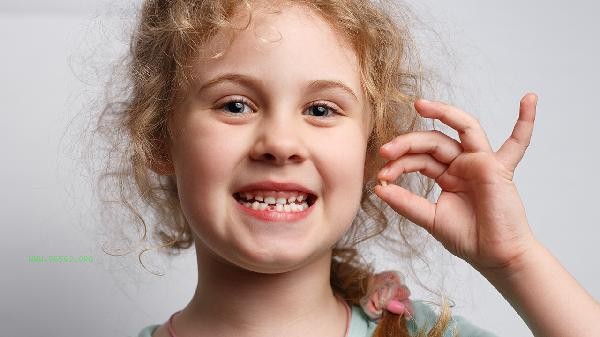
Fourth, mental stress
Academic stress or emotional anxiety may trigger hair pulling or resting phase hair loss. Manifested as irregular hair loss with white tunica at the roots. psychological counseling can be used to relieve tension, ensure adequate sleep, and regulate autonomic nervous system function through appropriate outdoor exercise.
V. Autoimmune Disease
Alopecia areata is an immune disease in which T cells attack hair follicles abnormally, and sudden circular hair loss spots are a typical feature. During the acute phase, compound glycyrrhizin tablets can be used to regulate immunity, and local application of minoxidil tincture can stimulate hair growth. Potential causes such as thyroid dysfunction need to be investigated.

Child hair loss care should ensure daily intake of high-quality protein and vitamins, such as milk, fish, carrots, and other foods. Control the washing water temperature below 38 degrees Celsius and choose silicone free shampoo. Avoid tight braids or frequent perming and dyeing. If hair loss continues to worsen or is accompanied by scalp redness, swelling, and exudation, one should immediately seek medical attention from a pediatrician or dermatologist and should not self medicate for a long time. Parents should record changes in their child's hair loss area and daily diet to provide reference for doctors' diagnosis.

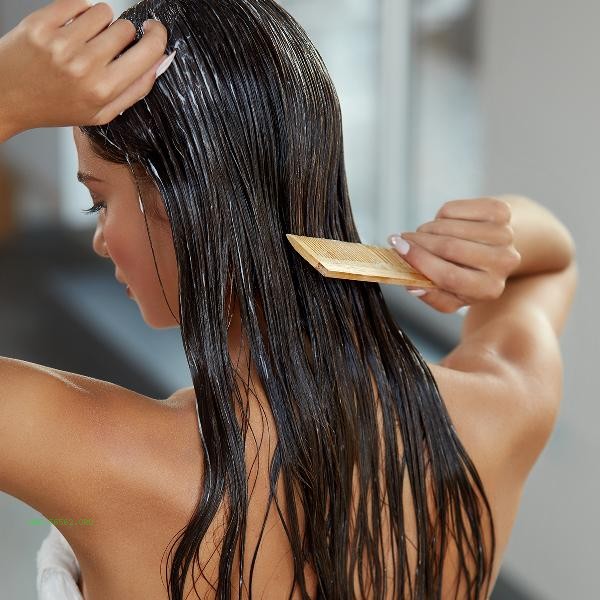
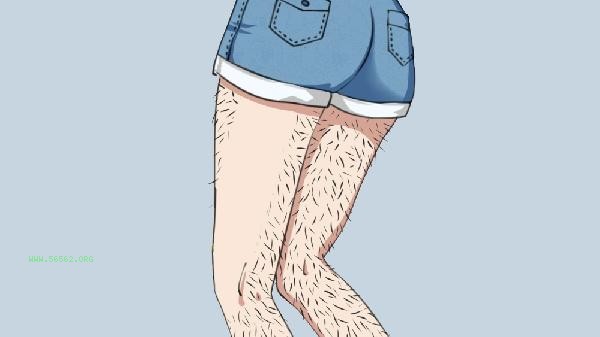

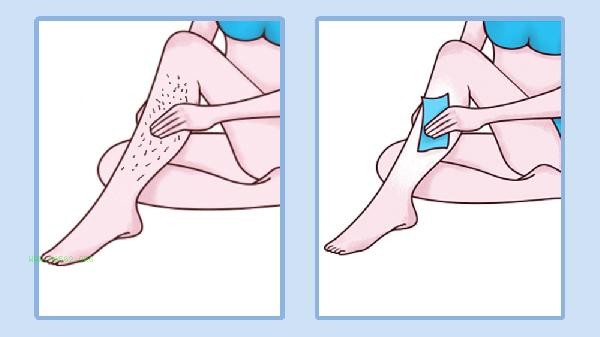



Comments (0)
Leave a Comment
No comments yet
Be the first to share your thoughts!